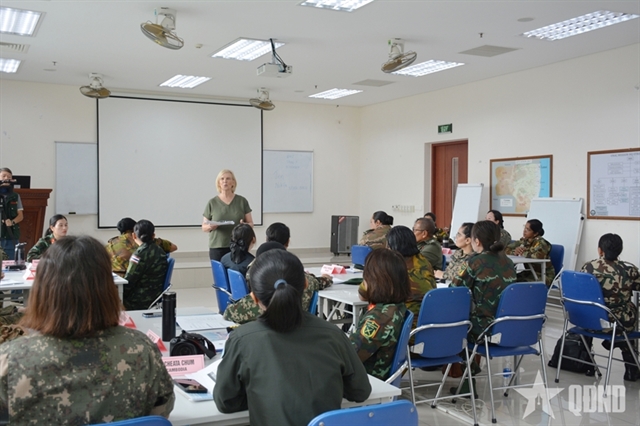Foreign policy contributes markedly to national renovation
In an article entitled "Vietnam and the Asia Pacific region: opportunities and challenges," Dr Joren Dosch said that the strategy of an independent and open foreign policy of diversification, multilateralisation and integration was an important component of the renovation policy put forth after the sixth Party Congress initiated the renovation process in December 1986.
Dr Dosch, the author of around 40 books and articles on international relations and political life in Southeast Asia, recalled that in August 1998, the Communist Party of Vietnam Central Committee' s Political Bureau issued resolution No. 13 on a foreign policy of diversification and multilateralisation, which continued to develop until the seventh Party Congress announced that Vietnam wanted to become friends with all nations in the world.
As the economy was seriously affected by war, the Vietnamese Government was conscious of taking opportunities to re-establish international relations in order to return the country to a respected position in the international arena and contribute to its development.
Dr Dosch wrote that
1995 marked three great successes for
The role of
The foreign policies, changes, which took place successfully and rapidly, contributed to
Political forces engaged in diplomatic operations expanded. The influence of the National Assembly in policy making was improved, the law became more decisive and ministers took increased responsibility for their leadership.
Dr Dosch wrote that the success of economic restructuring led to the appearance of entrepreneurs, who mobilised the Party and administration to speed up the country's integration into the world economy and apply favourable trade and investment regulations for private enterprises. (VNA)







